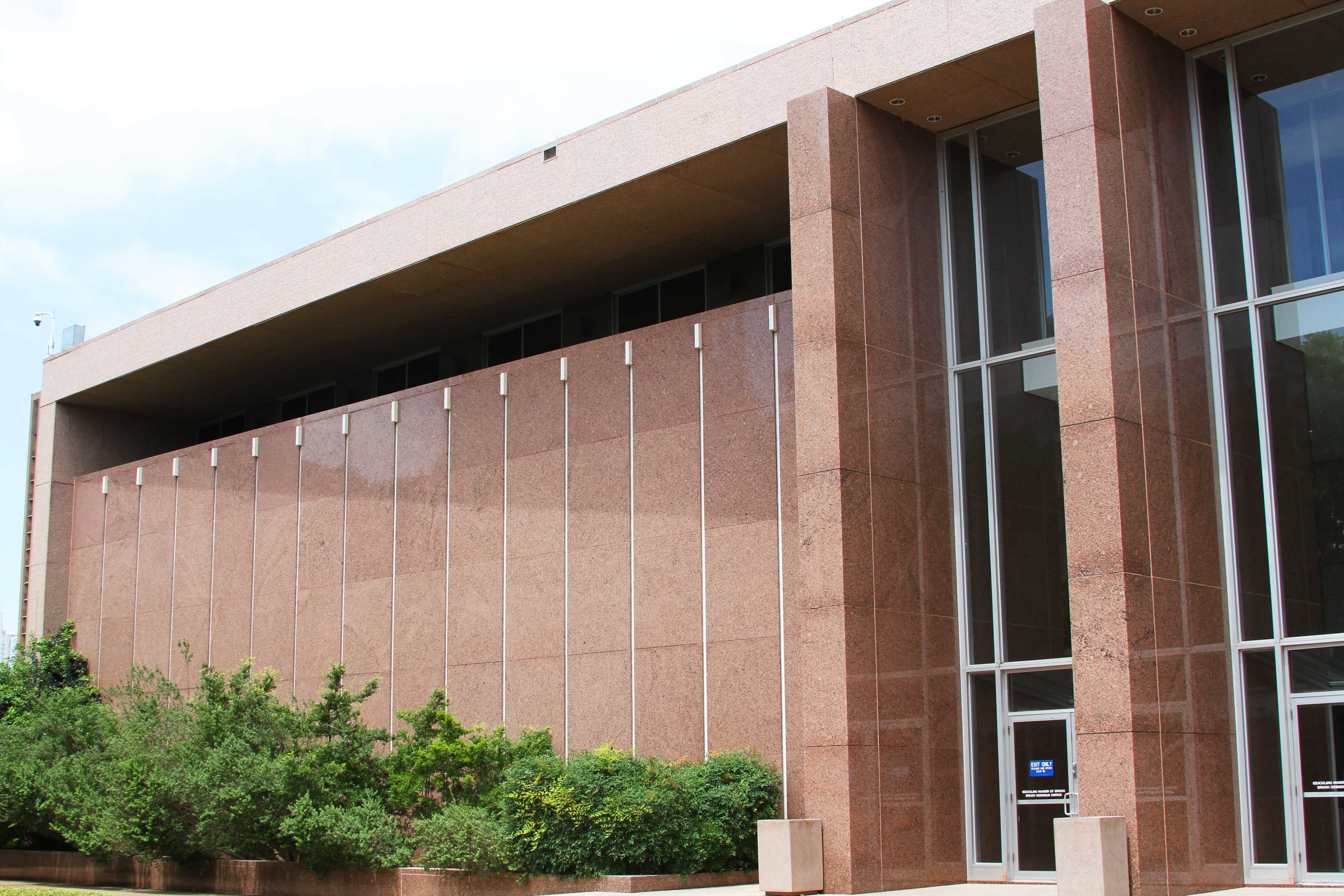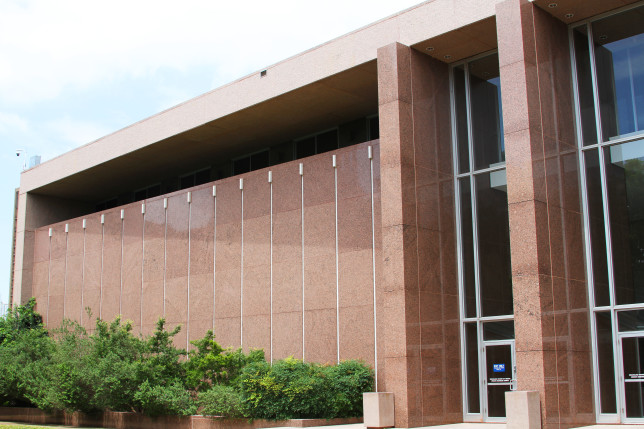Ex parte Robbins
No. WR-73,484-02
Case Summary written by Andy Linn, Staff Member.
PER CURIAM.
In 1999, a jury found Neal Hampton Robbins guilty of capital murder of his girlfriend’s seventeen-month-old daughter. He was convicted and sentenced to life in prison. Robbins moved for a new trial, contending that the evidence was factually and legally insufficient to establish that the child’s death was a homicide, but the trial court denied his motion. On direct appeal, the court affirmed as to both the judgment and sentence.
At trial, the State’s expert witness, Dr. Patricia Moore, who performed the autopsy of the child, testified that the child’s cause of death was homicide. But, in May 2007, Dr. Moore changed her opinion as to the cause of death. In a letter to the District Attorney, she stated that since the time of trial, she had gained more experience, and that upon review of her autopsy report and the case file, she felt that the cause and manner of death was undetermined, rather than homicide.
In 2011, Robbins filed his initial writ of habeas corpus, alleging actual innocence based on new scientific evidence not available at the time of trial and due process claims for the use of false testimony. The court denied Robbins’s application.
In 2013, Robbins filed a second application for habeas relief on the same grounds. The only difference in the two applications was the enactment of article 11.073 of the Texas Code of Criminal Procedure. Based on enactment of this article, Robbins argued that he was entitled to relief because scientific evidence not available at the time of trial contradicted the scientific evidence relied on by the State at trial. The trial court recommended that relief be granted, and this court ordered that the application be filed and set for submission.
Article 11.073 provides a basis for habeas relief if the applicant can show by a preponderance of the evidence that he would not have been convicted if the newly available scientific evidence had been presented at trial. Robbins showed that Moore’s opinion after re-evaluation contradicted her testimony at trial that the cause of the child’s death was a homicide. The State repeatedly emphasized Moore’s testimony at trial that this was a homicide. Therefore, the court held that article 11.073 applied to this evidence.
The method used by Moore on which the scientific evidence was based had not changed between the time of trial and Robbins’s second application, which article 11.073 requires the court to consider. But, the article also required the court to consider whether the scientific knowledge had changed. Thus, the court considered whether “scientific knowledge” applies to the knowledge of an individual. Citing Daubert, the court found that Moore’s opinion at trial “was admissible scientific evidence, based on inferences derived from the scientific method,” although another expert opined that the autopsy did not support her original conclusion. The court also stated that Moore’s new opinion on the cause of death was “also an inference or assertion supported by appropriate validation based on the scientific evidence.” Moore’s new opinion thus satisfied the requirements to be called “scientific knowledge,” and fell within the language of article 11.073. Moore’s opinion, that the cause of death was undetermined, was not available at trial because her scientific knowledge changed since that time.
Moore’s trial testimony was the only evidence that conclusively stated that the child’s cause of death was a homicide. The State repeatedly emphasized this testimony when arguing that the cause of death was a homicide. Thus, the court found on the preponderance of the evidence that, if the new scientific evidence had been presented at trial, Robbins would not have been convicted. For these reasons, the court granted Robbins’s request for habeas relief.
Subsequently, the State filed a motion for rehearing. The court granted that motion in May 2015. But, after considering the merits, the court concluded that the motion was improvidently granted. Thus, in January 2016, the court denied the motion for rehearing, thereby affirming the original majority opinion. The court ruled that no further motions be entertained.
JUDGE ALCALA, concurring.
Judge Alcala joined in the court’s order because it granted relief to Robbins, which she believed to be long overdue and that the conviction was wrongful as there was no competent evidence that a murder even occurred. Additionally, Judge Alcala wrote to emphasize the difficulty that some must encounter in order to obtain relief from wrongful convictions; and, to express disapproval and concern with the court’s “judicial mistakes” in this case.
JUDGE RICHARDSON, concurring.
Judge Richardson agreed that Robbins deserved a new trial due to Dr. Moore’s change of opinion on the cause of death. But he did not agree that resurrecting the majority opinion of 2014 was the best way to do so. Rather, Judge Richardson believed Robbins was entitled to relief based on the 2015 amendment to article 11.073. Further, he did not agree that rehearing was improvidently granted. Nor did he agree that “scientific knowledge or method on which the relevant scientific evidence is based” refers to a testifying expert’s particular knowledge or method, but that it refers to general science.
JUDGE NEWELL, concurring.
Judge Newell agreed that the applicant was entitled to a new trial and wrote his concurring opinion to explain his reasoning for voting against granting rehearing.
JUDGE MEYERS, dissenting.
Judge Meyers disagreed that the State’s motion for rehearing was improvidently granted. He believed that analysis of writs of habeas corpus must be based on constitutional criteria, and that article 11.073 does not provide for relief based on any such constitutional criteria.


